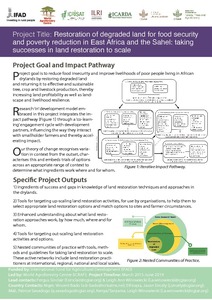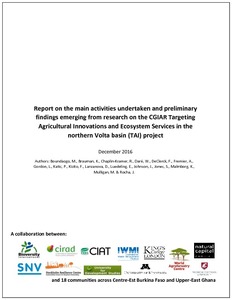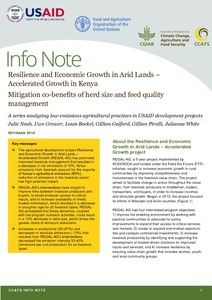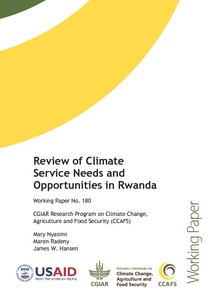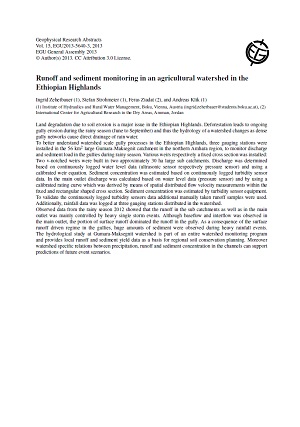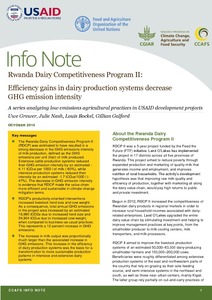Recycling and reuse of treated wastewater in urban India: a proposed advisory and guidance document
Recycling and reuse of treated wastewater are an important part of the sanitation cycle and critical in an environment such as urban India with decreasing freshwater availability and increasing costs for delivering acceptable quality water, often from far distance. This report has been developed as a possible guidance document for the Indian government and gives substantial focus to the financial and economic benefits of wastewater recycling from the perspective of public spending.


